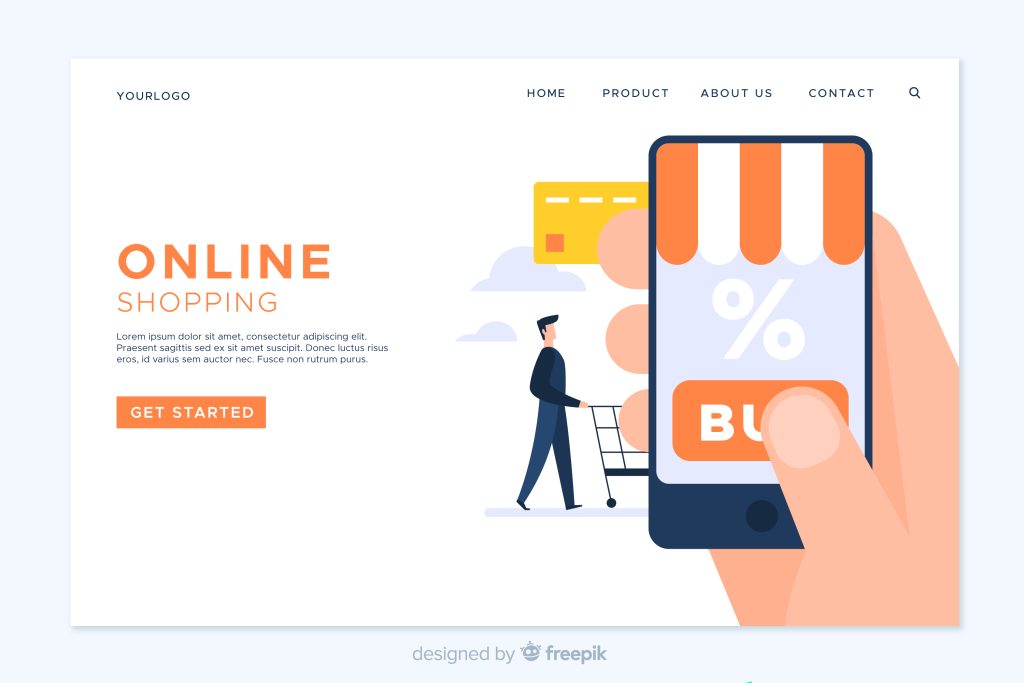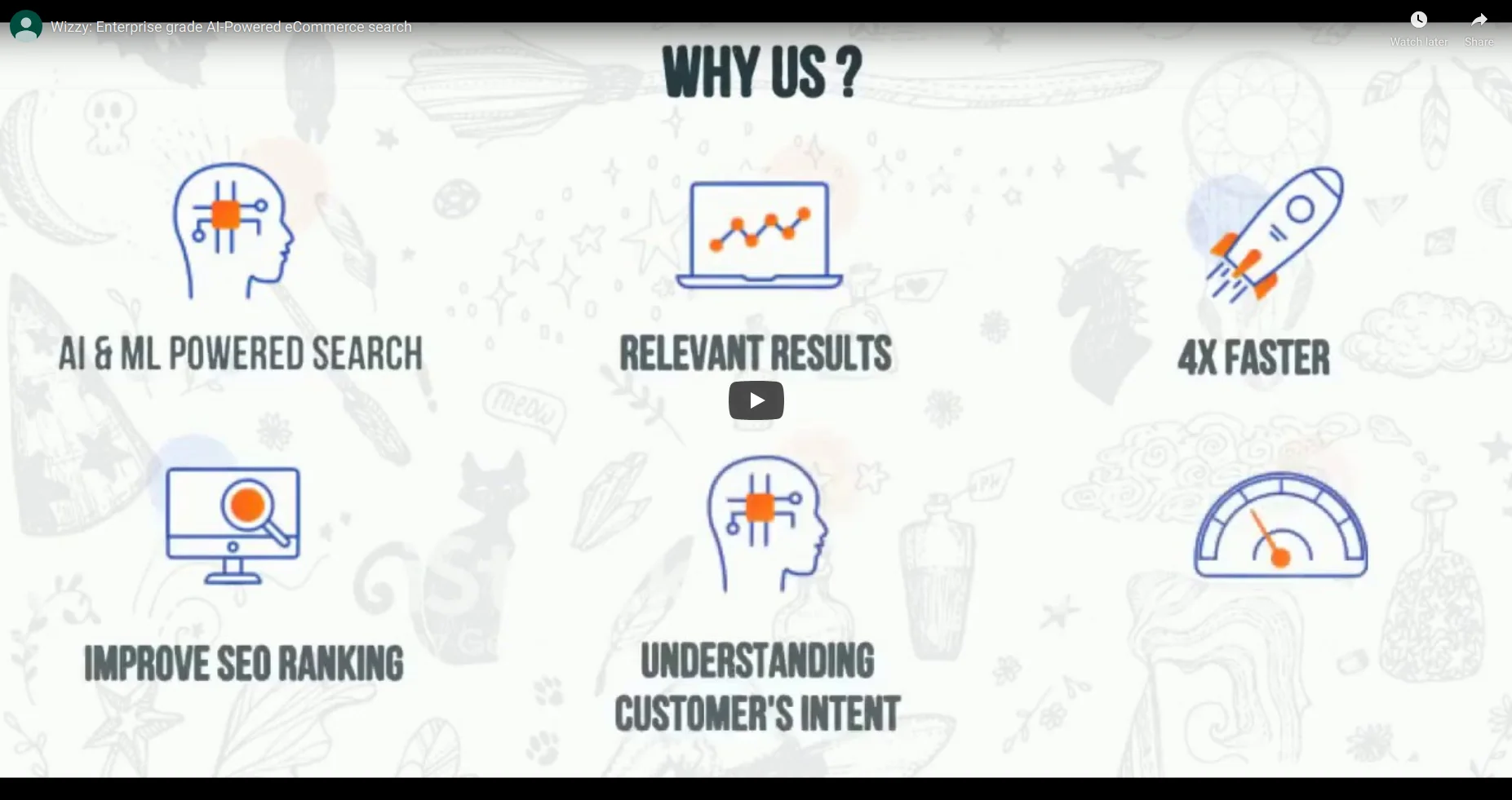Are you an entrepreneur? You definitely would have heard the name of Shopify due to its widespread popularity across the globe. But what you might be missing is its B2B functionalities.
Yes, Shopify also caters to the B2B (business-to-business) segment and offers robust features to Shopify Plus merchants.
Countless merchants have grown their businesses significantly with Shopify B2B and there is much more to explore. A Gartner report says that about 80% of B2B transactions between buyers and suppliers will take place on digital channels. So, there is a huge room to grow.
Here, we are going to explore the features of Shopify B2B, its benefits, and how you can get started with it. So, just keep on reading…
Understanding Shopify B2B
Shopify is a widely popular e-commerce platform that runs on cloud technology. It’s a one-stop shop for D2C (direct-to-consumer) brands as it offers valuable features like product listings, product descriptions, shopping carts, payments, and many more. You can easily set up your online store in no time.
Now, after a long period of serving startups and small-scale stores, Shopify introduced Shopify Plus for medium and large-scale businesses, including wholesalers.
Merchants can now choose to build a dedicated B2B store or one that caters to both D2C and B2B. If you choose the second option, your retail and wholesale operations will be recorded separately. However, you can track centralized data in the unified Shopify admin.
Key Features of Shopify B2B
Now that you have a basic idea about Shopify B2B, let’s move toward its features to get a detailed understanding.
1. Custom Pricing and Discounts
One of the most useful features Shopify B2B offers is custom pricing and discounts. It’s a great solution for companies that have different pricing structures for different customers.
So, you can set specific pricing and discounts based on B2B clients, their volume of purchase, and brand status. You can manage this at the customer group level, by setting up an overall discount.
2. Wholesale Account Creation and Management
Shopify offers some great features for B2B account management. You can create multiple company profiles and set unique payment terms & user permissions for each. You can even manage access permissions and provide customer support to your clients.
These features are important in B2B sales to meet the requirements of different buyers and customize the buying experience for each.
3. Bulk Ordering Capabilities
The platform provides you support for bulk and large quantity orders, customization options, and simplified buying processes.
You can choose to validate orders and send them to the ERP automatically, or opt for manual validation at the Shopify back office.
4. Custom Catalogs and Pricing
As the famous saying goes, “The customer experience is the next competitive battleground.” In the cut-throat competitive business world, the customer experience makes a business stand apart from others. And Shopify knows it very well.
With Shopify B2B, you can customize the client’s buying journey by creating custom product catalogs. You have the flexibility to determine certain prices for various clients and apply adjustments to the pricing.
Let us give you an example. Suppose you run a clothing store and have created multiple catalogs for customers. Now, you can set an overall adjustment percentage to offer discounts across your catalogs. You can even set fixed pricing for certain products or variants.
Benefits of Using Shopify B2B
Shopify Plus offers a plethora of features to facilitate B2B transactions. You can ensure a lot more benefits with Shopify B2B than a standard B2C store.
Here are some of the key advantages:
1. Enhanced Customer Experience
Shopify Plus lets you use responsive design templates to create seamless navigation for product catalogs on any device.
And if your company is operating in international markets, Shopify B2B offers multi-language and multi-currency features to make the transactions easier.
2. Increased Sales and Revenue
With Shopify’s efficient automation features, you can sell products to anybody, anywhere. You can even automate many of your business aspects with the platform’s automation tools.
And because Shopify is famous globally, you will have a vast pool of prospects. So, you can definitely expect skyrocketed sales and revenues.
3. Streamlined Order Management
If your online store gets high traffic volumes, then Shopify B2B is for you. It can accommodate over 10,000 transactions per minute, so you can rest assured even in the peak seasons.
You can even integrate the platform with your existing ERP (enterprise resource planning), CRM (customer relationship management), and PIM (product information management) systems to synchronize the data.
4. Improved Inventory Management
Shopify B2B centralizes everything for you. You can track stock in real-time, so you never oversell. Plus, you can also set minimum order quantities to prevent small orders from eating into your profits.
Overall, these features will help you improve order accuracy and customer satisfaction.
5. Access To Shopify’s Ecosystem Of Apps And Integrations
Apart from its e-commerce offerings, Shopify is also popular for its app marketplace. It has over 1500 apps reviewed and tested by Shopify, and you can easily integrate them with your business systems to upgrade operations.
You can find various integrations for different purposes such as customer support, marketing and advertising, inventory control, and much more.
How to Get Started with Shopify B2B
You might be ready to start your B2B journey with Shopify and boost your profits, but there is always a starting point.
Here, we have listed some basic steps to get started with Shopify B2B:
1. Setting Up a Shopify Store
To start with Shopify, you need to select a suitable plan for your business. It has multiple plans that cater to different business sizes, so you can choose one that fits your needs and budget.
Now, you must create a professional store. Start by choosing an intuitive store design and then add features like customizable product filters, flexible product search, etc. Also, you must ensure easy navigation across the store for customers.
Shopify has a huge range of free and premium store themes that you can use for your store.
2. Enabling B2B Features
After subscribing to Shopify Plus, you will get access to its B2B features. You can then choose to split your customer base into B2B and D2C categories.
Now, you can leverage all the B2B features of Shopify B2B. You can even install wholesale apps from the Shopify marketplace to ease the process.
3. Customizing B2B Settings
Once you are set with the standard procedures, it’s time to personalize your store for your business requirements.
Firstly, set up your products on the platform. Create product pages with pricing, accurate descriptions, and clear images. You can create different product catalogs for different wholesale groups and set unique pricing levels for each.
Now, let’s come to the pricing part. B2B customers usually purchase in bulk and expect discounts, so an accurate price strategy is important. You can create an effective strategy with the Wholesale Pricing Discount app.
4. Tips for Maximizing B2B Functionality
Well done! You are done setting up your B2B store on Shopify.
But can you make profits just by creating an online store and waiting for the customers? Of course, not. So, here are some most valuable tips that can help you maximize your sales and revenue on Shopify B2B:
- Optimize your product pages: Informative and optimized product pages are key to running a successful B2B store. They are your storefronts, so they need to be informative and appealing. Make sure to include clear, high-quality images and detailed descriptions. Don’t forget the essentials like pricing, order minimums, and lead times. These details help your customers make informed decisions quickly.
- Streamline your checkout process: The checkout process can make or break your online business. Customers want it to be as quick and user-friendly as possible. Shopify’s built-in checkout system is robust, but if you’re looking for more options, third-party apps can also help. Plus, you should offer multiple payment options like credit cards and invoicing to cater to different customer preferences.
- Provide good customer service: Customer support is the soul of any business. If your customers run into issues while placing orders, you need to be ready to help them out immediately. Responding quickly to inquiries and providing effective support can make a big difference. Use Shopify’s customer service tools or third-party apps to manage this efficiently. Remember, happy customers are more likely to return and recommend your store to others.
Conclusion
The B2B segment has seen rapid growth in recent years and is promising in the future as well. But it’s far different from the D2C segment, so you need a reliable partner and platform when entering into a new industry. And Shopify B2B is the perfect option for entrepreneurs like you.
With Shopify B2B, you can create a professional wholesale store, cater to different audiences, and explore global markets. All you need is just an actionable business plan!
So, start your B2B journey with Shopify and let your sales soar!



